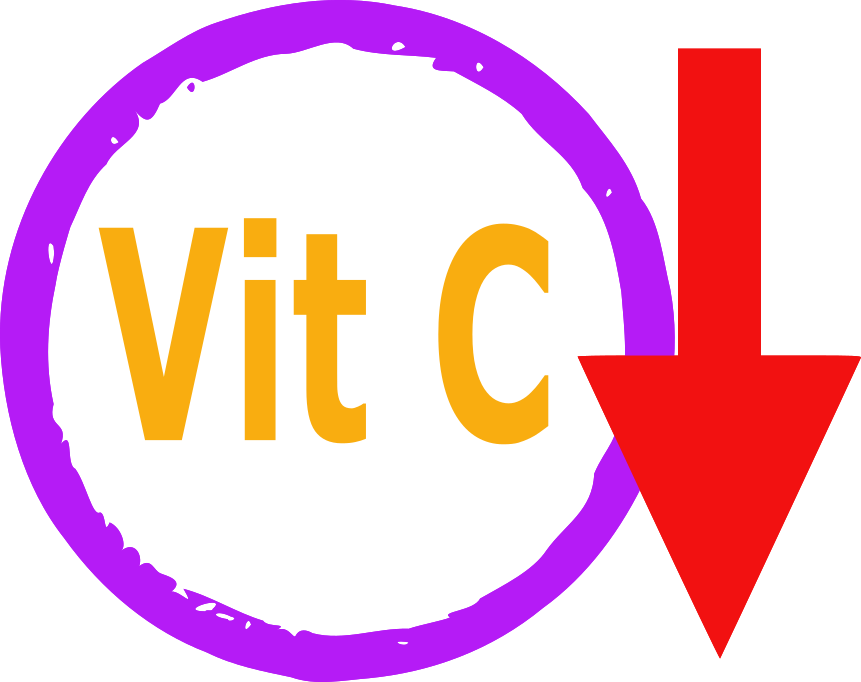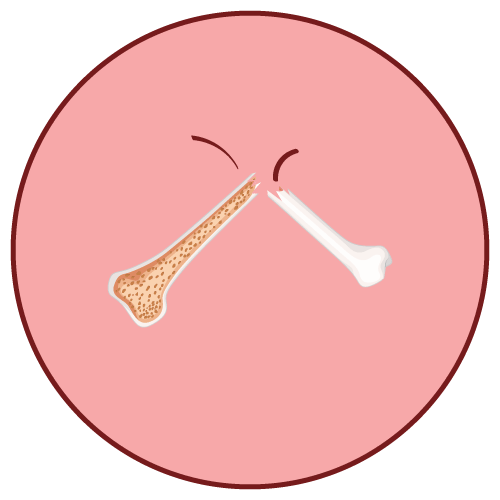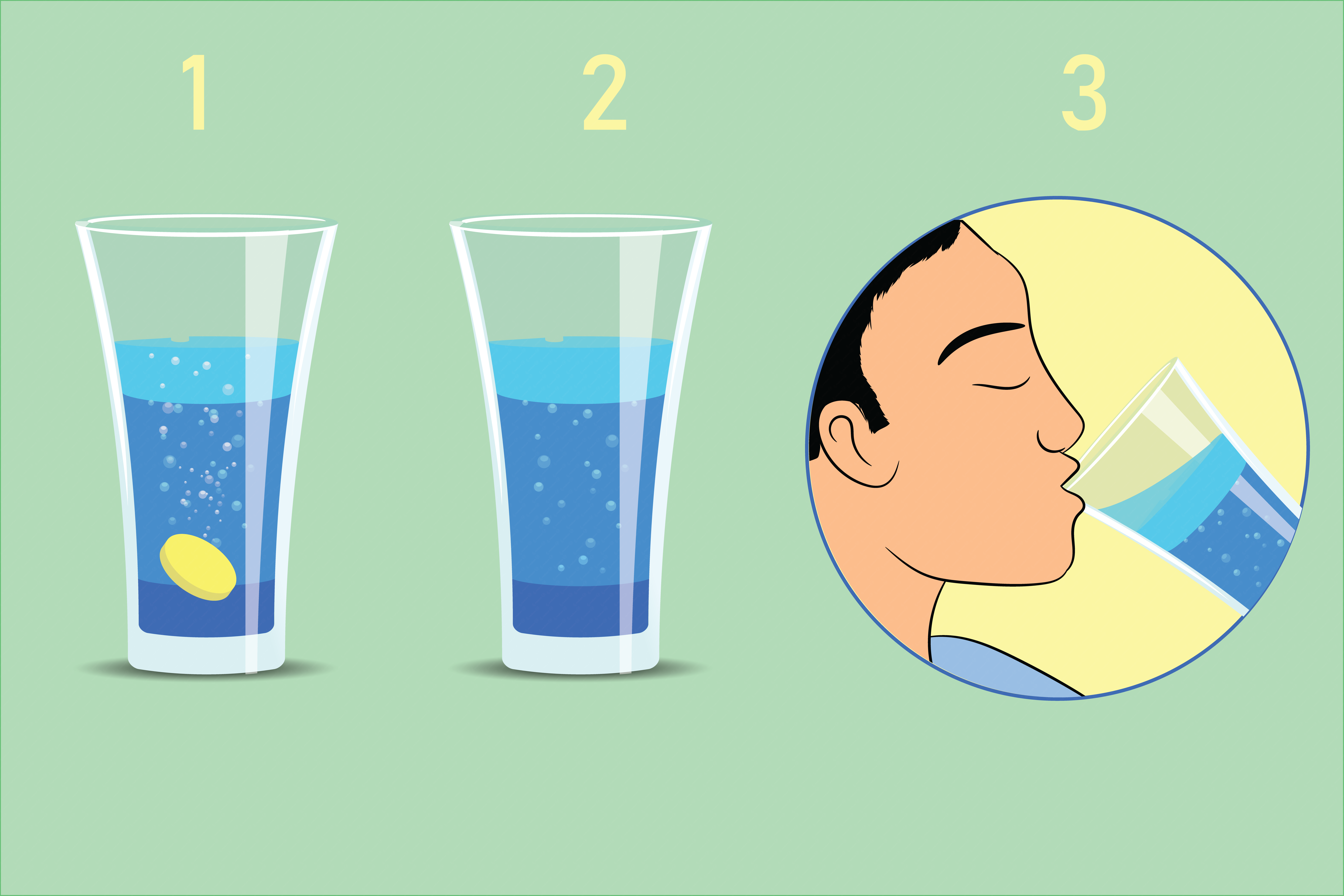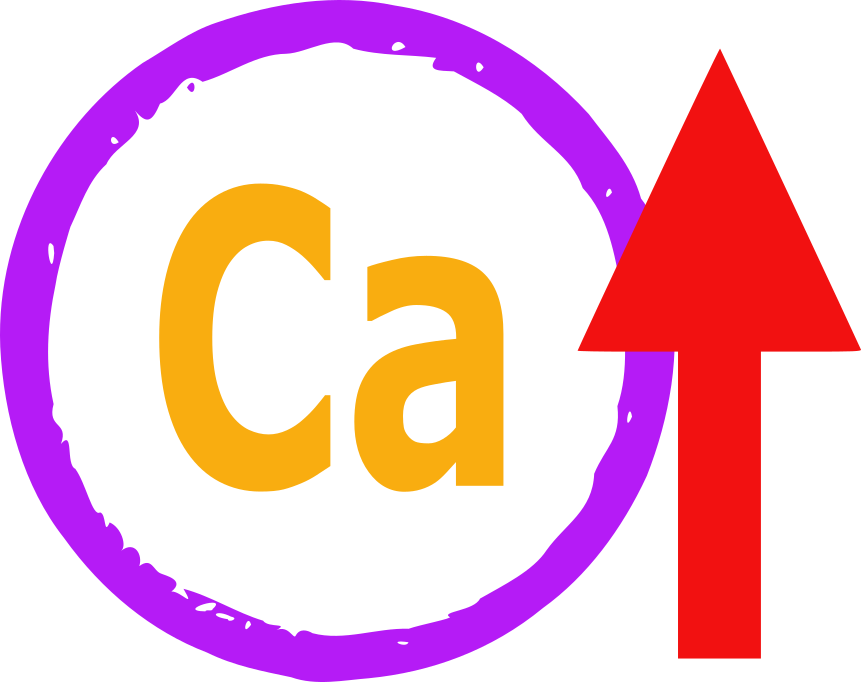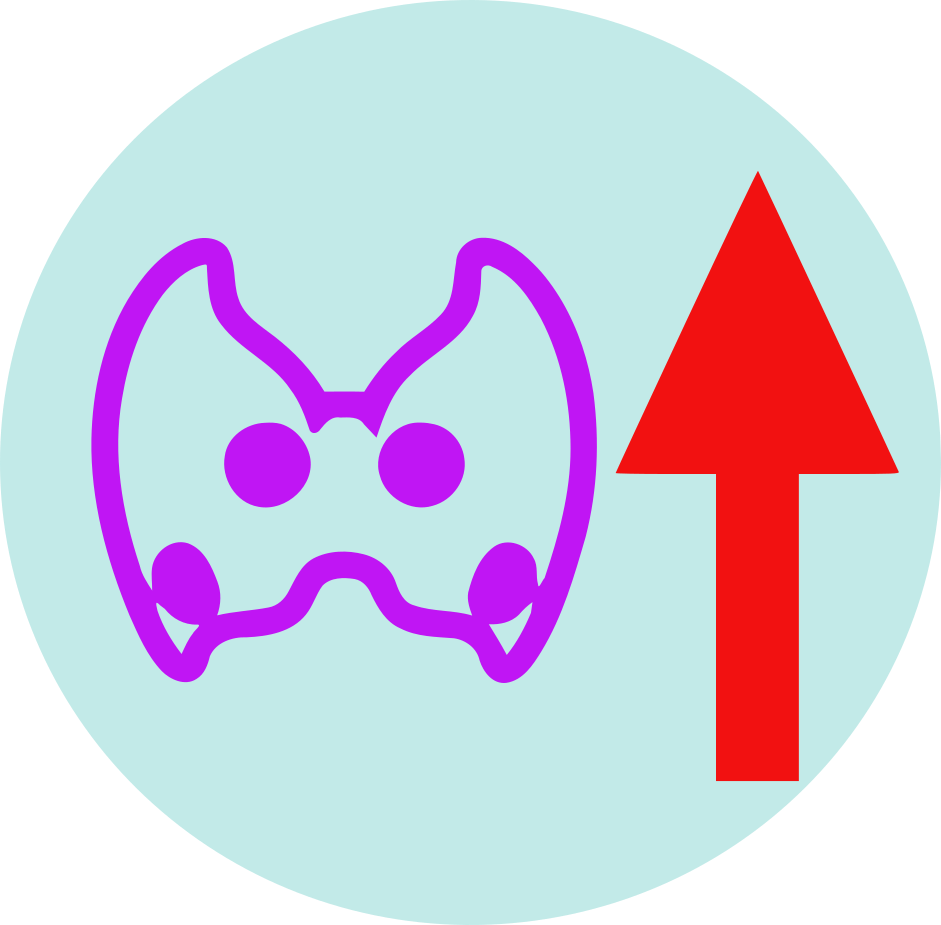| Name | Calcium Carbonate + Calcium Lactate Gluconate + Vitamin C |
| Classes |
Nutritional Supplement Mineral and Vitamin Combination |
| Diseases |
Calcium and Vitamin C Deficiency Cold Convalescence Influenza Lactation Malnutrition Osteoporosis (Brittle Bone) Pregnancy Premenstrual Syndrome |
Calcium Carbonate + Calcium Lactate Gluconate + Vitamin C
Ascorbic Acid + Calcium Carbonate + Calcium Lactate Gluconate is a combination medication. It is typically used for mineral and vitamin deficiency.
Ascorbic Acid + Calcium Carbonate + Calcium Lactate Gluconate is indicated in the following conditions-
- Vitamin C deficiency
- Infection
- Osteoporosis
- Common cold
- Pre and post menstruation
Ascorbic Acid + Calcium Carbonate + Calcium Gluconate + Calcium Lactate is available as effervescent tablets.
Adults and children above 7 years: 1 tablet per day.
Children 3 to 7 years: Half a tablet per day.
Infants: Follow physician's advice.
| Effervescent tablets |
Ascorbic Acid + Calcium Carbonate + Calcium Gluconate + Calcium Lactate is a well tolerated medication. Rarely t
- Flatulence
- Diarrhea
- People who have mild hypercalciuria (exceeding 300 mg = 7.5 mmol/24 hours), have mild or moderate kidney problems, or have a history of urinary stones need to have their urine calcium levels checked. If necessary, the dosage should be cut back or the therapy should be stopped. High doses of vitamin-D and its derivatives should be kept to a minimum while taking this medicine unless it is absolutely necessary.
- Because citrate salts have been shown to make aluminum more easily absorbed, this medicine should be used with caution in people who have very poor kidney function, especially if they are taking aluminum-containing drugs. As a diabetic, you need to think about how much sugar it has.
Contraindication
- Contraindicated in patients hypersensitive to any component of the medication.
- Co-administration with the following drugs is contraindicated-
There's no contraindications of the medication in terms of food and drinks.
Contraindicated in the following conditions-
- Severe renal failure
- Hypercalcemia
- Hyperparathyroidism
- hyperoxaluria
- G6PD deficiency
 Bangla
Bangla English
English